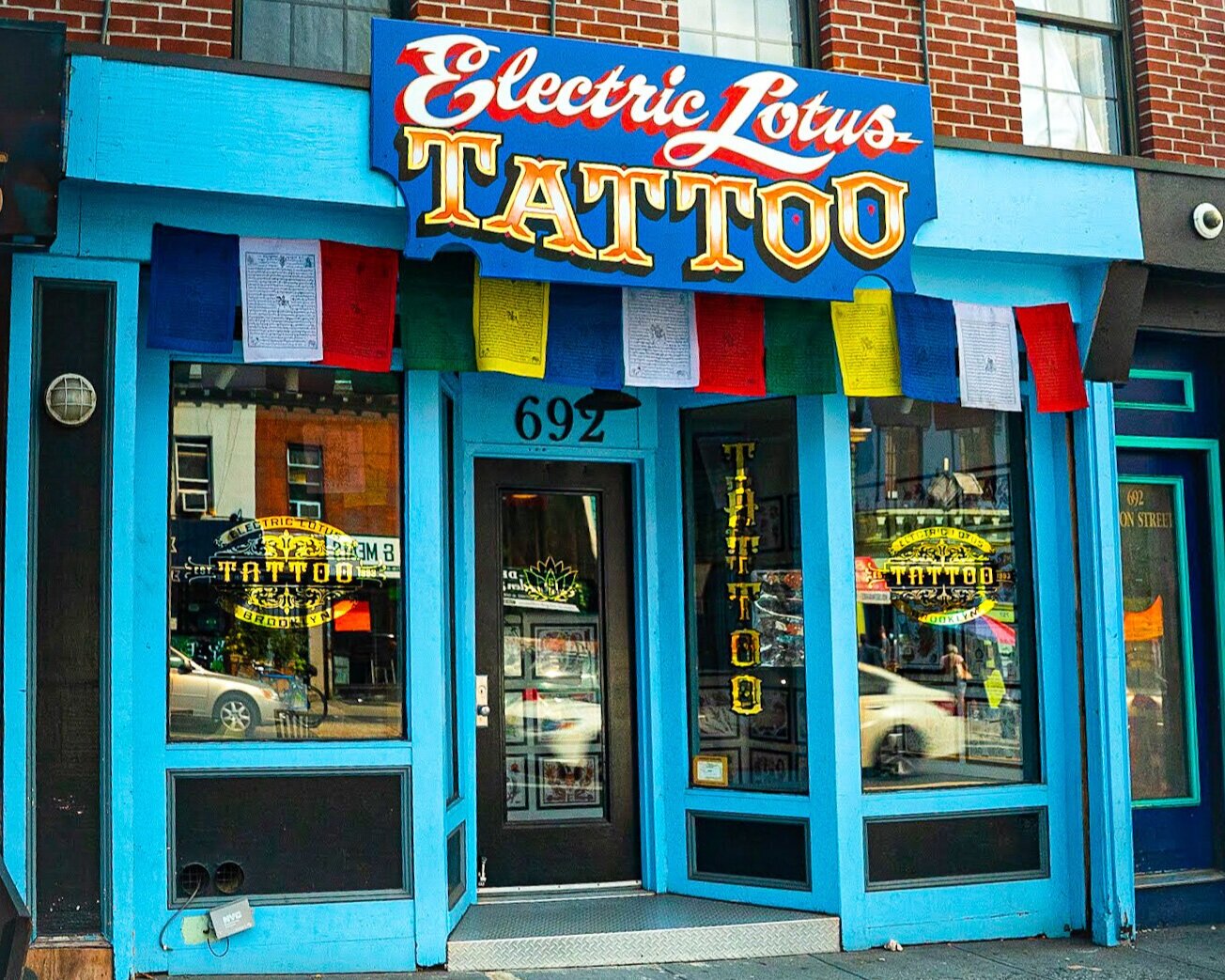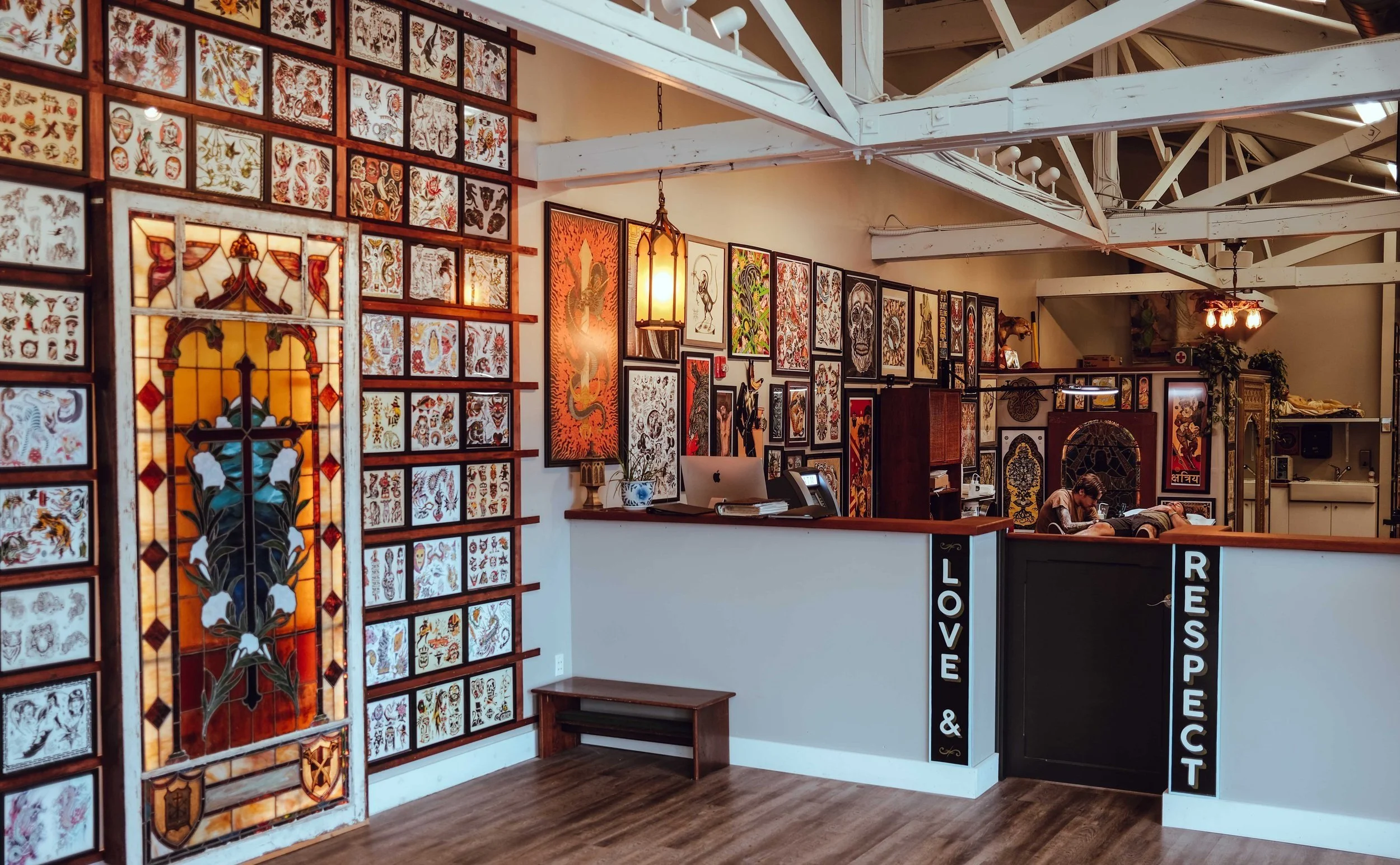Discovering the Meaning and Significance of Tattoos
Tattoos have actually been a kind of individual expression for centuries, with ingrained social and symbolic relevance. Checking out the definition and meaning behind tattoos is an interesting trip into the background of this art kind and its development in contemporary society. This exploration incorporates comprehending the cultural relevance of tattoos, checking out traditional tattoo layouts and their meaning, and delving right into the personal inspirations behind getting inked. From ancient tribal markings to modern body art, tattoos work as aesthetic representations of originality, beliefs, and experiences. This article intends to delve into the abundant tapestry of significances and importance that tattoos hold, clarifying the complex and diverse globe of body art.
The History of Tattoos
From ancient Egypt to Polynesia, tattoos have actually held considerable social and personal definitions. In Polynesian cultures, tattoos were utilized to convey social status, family tree, and personal achievements. These elaborate layouts, known as tribal tattoos, were created using conventional methods and held deep cultural importance.
Tattoos also played a considerable function in the background of Japan. During the Edo period, wrongdoers were frequently marked with tattoos as a kind of penalty, while the elite samurai class embellished their bodies with tattoos to signify their valor and loyalty. In the Western world, tattoos were at first connected with seafarers and bad guys, yet over time, they gained appeal among different subcultures and ultimately became more conventional.
Today, tattoos remain to be a preferred form of self-expression and art. People choose tattoos to commemorate enjoyed ones, share their ideas or enthusiasms, and commemorate important milestones in their lives. The background of tattoos showcases the rich social and personal importance that these permanent marks hold, working as a testament to the enduring power of body art.
Cultural Significance of Tattoos
Tattoos hold a substantial cultural value in different cultures around the world. Throughout history, tattoos have actually been utilized to stand for cultural identity, social standing, and spiritual beliefs.
In Polynesian cultures, tattoos, recognized as tā moko or tatau, are deeply rooted in tradition and hold tremendous cultural importance. These detailed layouts are thought to link people to their forefathers and their cultural heritage. Likewise, in Maori culture, facial tattoos, called moko, are seen as a reflection of a person's family tree and social standing within the community.
In Japan, tattoos have a long-standing association with the yakuza, the nation's well organized crime distribute. These fancy body art items, referred to as irezumi, are seen as a symbol of commitment, bravery, and honor among gang members. Nevertheless, it is crucial to keep in mind that tattoos in Japan still carry a stigma in several conventional settings.
In aboriginal societies throughout the Americas, tattoos have been used as a method to reveal tribal affiliation, spiritual beliefs, and individual achievements. Each symbol and layout lugs a distinct significance and narrates about the person's link to their society and neighborhood.
Today, tattoos remain to hold social relevance, not only in traditional societies but additionally in modern-day ones. They provide individuals with a method of self-expression, enabling them to showcase their cultural heritage, individual values, and artistic preferences. Tattoos can function as a graph of one's identity and the unique journey they have taken on.
Significance in Conventional Tattoo Designs
Typical tattoo styles are abundant in symbolism and hold deep social meaning. These designs have actually been passed down with generations and are rooted in the background and practices of different societies around the world. Each component of a standard tattoo style lugs its own significance, creating an aesthetic story that reflects the a fantastic read beliefs, worths, and experiences of the wearer.
One common conventional tattoo layout is the support. One more popular traditional design is the rose, which represents interest, love, and beauty.
Animals are also regularly portrayed in standard tattoo layouts. As an example, the eagle signifies guts, resource freedom, and power, while the lion stands for strength, management, and defense. These pet motifs offer as reminders of the top qualities that people aim to have or the characteristics they recognize with.
Along with these specific icons, typical tattoo layouts usually incorporate patterns and concepts that hold cultural importance. These elements may attract ideas from native art, folklore, or religious beliefs, additionally enhancing the significance of the tattoo design.
Tattoos as Personal Expressions

For some, tattoos can be a method to recognize loved ones or keep in mind important occasions. Others might choose tattoos that represent their cultural heritage or reveal their social or political sights.
The process of getting a tattoo itself can additionally be a significant experience. The act of picking a design, working together with a tattoo musician, and sustaining the physical pain entailed can be viewed as a transformative journey. This journey, from conception to completion, can strengthen the significance of the tattoo and make it a lot more personal to the person.
Advancement of Tattoo Meanings in Modern Culture

One significant shift in tattoo significances is the focus on individual expression and uniqueness. Individuals are currently using tattoos as a means to reveal their special identities and tell their tales. Tattoos are no more viewed as mere body decorations; they have actually ended up being effective tools for self-expression and self-discovery.
Additionally, tattoos are now seen as a kind of art. Several individuals pick tattoos that reflect their recognition for various imaginative styles and ideas - tattoo shops London. Tattoo artists have actually obtained recognition for their skill and creativity, contributing to the expanding acceptance of tattoos as a reputable art type
Tattoos have actually also tackled new definitions in regards to cultural and social identity. People often select tattoos that mirror their cultural heritage or values. Tattoos can work as a way to link with one's origins or to show uniformity with a certain community or cause.
Verdict

During the Edo period, wrongdoers were usually marked with tattoos as a kind of punishment, while the elite samurai course adorned their bodies with tattoos to symbolize their fearlessness and loyalty.Standard tattoo styles are abundant in importance and hold deep cultural meaning. Tattoo artists have gained acknowledgment for their skill and imagination, adding to the expanding acceptance of tattoos as a legitimate art form.
In conclusion, tattoos have an abundant background and cultural value, offering as personal expressions and symbols of various meanings. Conventional tattoo styles typically bring deep significance, while modern-day society has actually seen an advancement in tattoo significances.